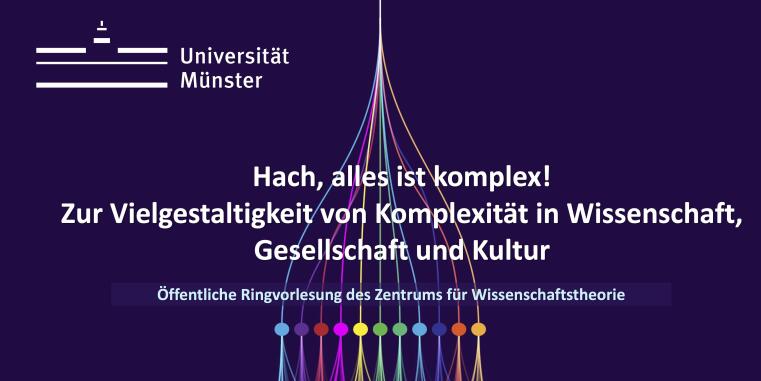

Data Science and Complexity
Das Center for Data Science and Complexity (CDSC) dient als zentrale wissenschaftliche Einrichtung der interdisziplinären Vernetzung in Forschung, Lehre und Transfer an der Universität Münster in den Bereichen Data Science, komplexe Systeme, Künstliche Intelligenz, Maschinelles Lernen und mathematischer Modellierung. Es greift aktuelle Entwicklungen auf und verankert diese systematisch in der Forschung und Lehre, um ihre Wettbewerbsfähigkeit und Attraktivität als Forschungs- und Studienstandort weiter auszubauen. In der Forschung werden der fachübergreifende Austausch durch Tagungen, Workshops und gemeinsame Projekte unterstützt. In der Lehre dient das CDSC als universitätsweite Plattform, die bestehende Angebote bündelt und die Entwicklung neuer, fachübergreifende Formate vorantreibt. Auch der Transfer in die Praxis wird gestärkt, indem die Zusammenarbeit mit externen Partnern gefördert und der Austausch zwischen Forschung und Wirtschaft intensiviert wird. Zudem wird das CDSC aktuelle Themen einer breiten Öffentlichkeit zugänglich machen.
Kontakt
Geschäftsführung und wissenschaftliche Koordination
T: +49 (0)251 83 34924
okamp@uni-muenster.de
Wissenschaftliche Koordination
T: +49 (0)251 83 34924
katrin.schmietendorf@uni-muenster.de





